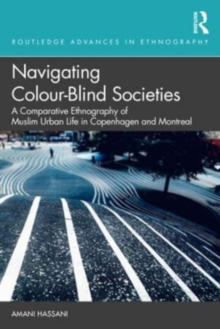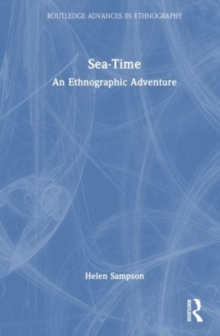
Policing the 2012 London Olympics : Legacy and Social Exclusion PDF
by Gary Armstrong, Richard Giulianotti, Dick Hobbs
Part of the Routledge Advances in Ethnography series
Description
The summer Olympic Games are renowned for producing the world’s biggest single-city cultural event.
While the Olympics and other sport mega-events have received growing levels of academic investigation from a variety of disciplinary approaches, relatively little is known about how such occasions are experienced directly by local host communities and publics.
This ethnography examines the everyday policing of the London Borough of Newham in relation to the London 2012 Olympics.
It explains how police defined, monitored, prioritized, contained and investigated ‘Olympic-related’ crime, and how ‘Olympic-related’ policing connected to the policing of Newham.
The authors examine how the threat of terrorism impacted on the everyday policing of the 2012 Olympics, as well as the exaggeration of other threats to the Games – such as youth gangs – for political reasons.
The book also explores local resistance to Olympic policing, and the legacy of the Games with regard to policing, local housing, demographics and social exclusion. Discussing the lessons that can be learned for the future staging of sporting mega-events, this book will appeal to scholars and students with interests in sport, policing, crime and criminology, mega-events, event management, urban studies, global studies and sociology.
Information
-
Download - Immediately Available
- Format:PDF
- Pages:228 pages, 2 Halftones, black and white; 2 Illustrations, black and white
- Publisher:Taylor & Francis Ltd
- Publication Date:17/06/2016
- Category:
- ISBN:9781317747024
Other Formats
- Paperback / softback from £39.99
- Hardback from £145.00
- EPUB from £35.99
Information
-
Download - Immediately Available
- Format:PDF
- Pages:228 pages, 2 Halftones, black and white; 2 Illustrations, black and white
- Publisher:Taylor & Francis Ltd
- Publication Date:17/06/2016
- Category:
- ISBN:9781317747024










